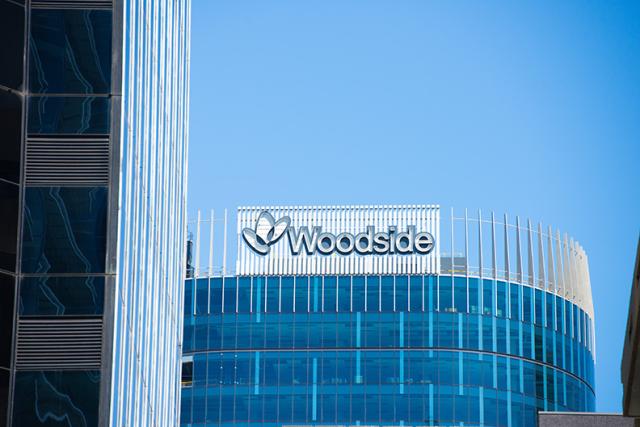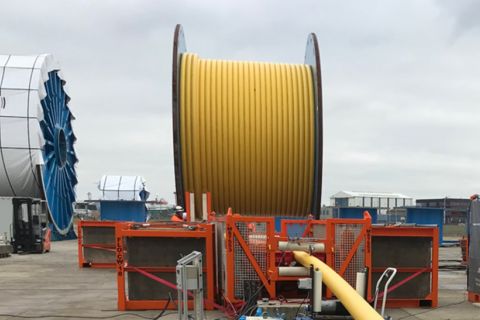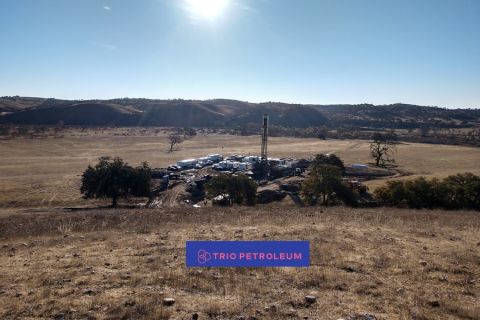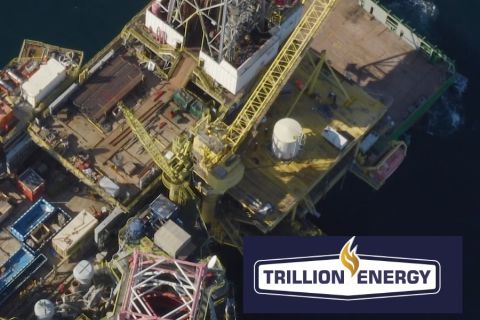
Learn more about Hart Energy Conferences
Get our latest conference schedules, updates and insights straight to your inbox.
PERTH, Australia—The Australian oil and gas industry received a reprieve at the Australasian Oil and Gas (AOG) Conference on March 14 when it was revealed that Western Australia Premier Mark McGowan had brokered a deal forcing the Environmental Protection Authority (EPA) to retract demands for an immediate zero-carbon emission target for major oil and gas projects in the state.
A recent directive from the EPA that projects producing more than 100,000 tonnes a year of carbon should be fully offset emissions. It had provoked a furious backlash from both the state government and independent oil and gas company Woodside, which warned that tens of thousands of jobs and multibillion expansion plans to retain Western Australia’s status as a global LNG superpower were at risk.
However, the standoff dissolved yesterday as the government released a statement after a meeting with Woodside and other leading oil and gas players in the state parliament saying that the EPA had advised that they would retract from their previous position, and consult with industry on how to deal with emissions from WA projects.
In a statement the EPA said: “The EPA does not resile from the need to reduce Western Australia’s greenhouse gas emissions. Nor do we resile from our absolute right and obligation to provide advice to the Government on these matters. However, it is important that the detail of such advice is more fully developed and the practical applications are well understood.”
Woodside, in collaboration with supermajor Chevron and other JV partners, revealed plans for a seven-train LNG production centre on the Burrup Peninsula, ramping up gas production on the North West Shelf to 20-23 Tcf that would exceed the entire volume produced at the Karratha gas plant since its start-up 30-years ago.
At stake is $40 billion in capital expenditure on the Burrup Hub, the creation of 5,000 jobs during the construction phase, 2,000 direct jobs during operations and “thousands more throughout the supply chain”, which both the WA government and industry has welcomed as critical to the state’s future economic wellbeing.
Woodside COO Meg O’Neill told the AOG Conference that Australia’s position as a global LNG export leader was under threat from emerging competition in the U.S., Canada, Qatar, Nigeria and Mozambique and that the WA government should, if necessary, be prepared to pass legislation to rein in the EPA.
However, while the Australian oil and gas industry may have won a significant battle today, it has not yet won a war that is likely to be defined by federal elections scheduled for later this year.
The ruling Liberal Party has declared that it’s greenhouse emission policy will be to reduce emissions by 26-28% by 2030—in accordance with the nation’s Paris Agreement commitments. However, the opposition Labor Party, which is currently leading in the polls, has adopted a policy prescribing a 45% reduction by 2030 and net zero emissions by 2050.
Thus far, Woodside has adopted a neutral position on future political outcomes by stating it has factored in both election scenarios into its future planning.
Recommended Reading
Exxon Mobil Guyana Awards Two Contracts for its Whiptail Project
2024-04-16 - Exxon Mobil Guyana awarded Strohm and TechnipFMC with contracts for its Whiptail Project located offshore in Guyana’s Stabroek Block.
Deepwater Roundup 2024: Offshore Europe, Middle East
2024-04-16 - Part three of Hart Energy’s 2024 Deepwater Roundup takes a look at Europe and the Middle East. Aphrodite, Cyprus’ first offshore project looks to come online in 2027 and Phase 2 of TPAO-operated Sakarya Field looks to come onstream the following year.
E&P Highlights: April 15, 2024
2024-04-15 - Here’s a roundup of the latest E&P headlines, including an ultra-deepwater discovery and new contract awards.
Trio Petroleum to Increase Monterey County Oil Production
2024-04-15 - Trio Petroleum’s HH-1 well in McCool Ranch and the HV-3A well in the Presidents Field collectively produce about 75 bbl/d.
Trillion Energy Begins SASB Revitalization Project
2024-04-15 - Trillion Energy reported 49 m of new gas pay will be perforated in four wells.





